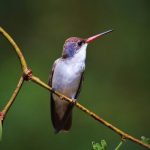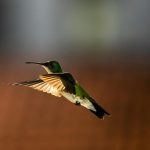Hummingbirds are remarkable creatures known for their small size, agility, and high energy levels. These tiny birds have incredibly fast metabolisms and require a constant supply of food to sustain their active lifestyles. However, there may be situations where hummingbirds are unable to find food. Let’s explore how long a hummingbird can go without food and the factors that influence their ability to survive during food scarcity:
1. Metabolic Rate
The metabolic rate of hummingbirds is exceptionally high compared to other birds. Their small size and rapid wing beats require a tremendous amount of energy. Here’s how their metabolic rate affects their ability to go without food:
- High Energy Demands: Hummingbirds need to consume large amounts of food daily to meet their energy requirements.
- Rapid Energy Depletion: Due to their high metabolic rate, hummingbirds deplete their energy reserves quickly.
- Short Window of Survival: Without a constant supply of food, hummingbirds may only be able to survive for a short period.
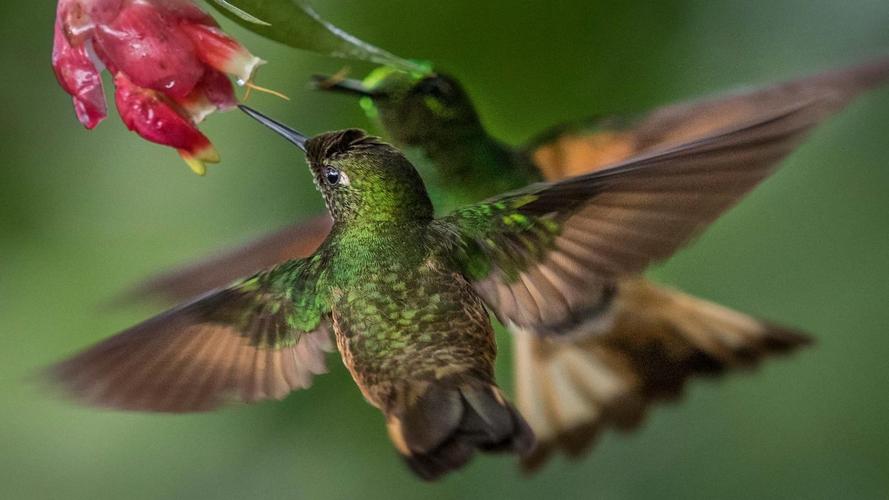
2. Feeding Frequency
Hummingbirds have a high feeding frequency due to their energy needs and small stomach capacity. Here’s how their feeding habits impact their ability to go without food:
- Frequent Meals: Hummingbirds typically feed every 10 to 15 minutes during the day.
- Large Meal Proportions: Despite their small size, hummingbirds consume a significant proportion of their body weight in nectar and insects during each feeding.
- Small Stomach Capacity: Hummingbirds have small stomachs, which means they need to feed frequently to maintain their energy levels.
- Vulnerable to Starvation: Their high feeding frequency makes them more susceptible to starvation if food sources become scarce.
3. Fat Reserves
Hummingbirds store fat reserves to serve as an emergency energy source. These fat stores play a crucial role in their survival during periods of food scarcity. Here’s how fat reserves affect their ability to go without food:
- Energy Backup: Fat reserves provide an additional energy source when nectar or insects are not readily available.
- Length of Survival: The duration a hummingbird can go without food depends on the size of its fat reserves.
- Energy Conservation: During times of food scarcity, hummingbirds may enter a state of torpor to conserve energy and rely on their fat reserves.
- Maintenance of Vital Functions: Fat reserves help hummingbirds maintain essential bodily functions even when food is scarce.
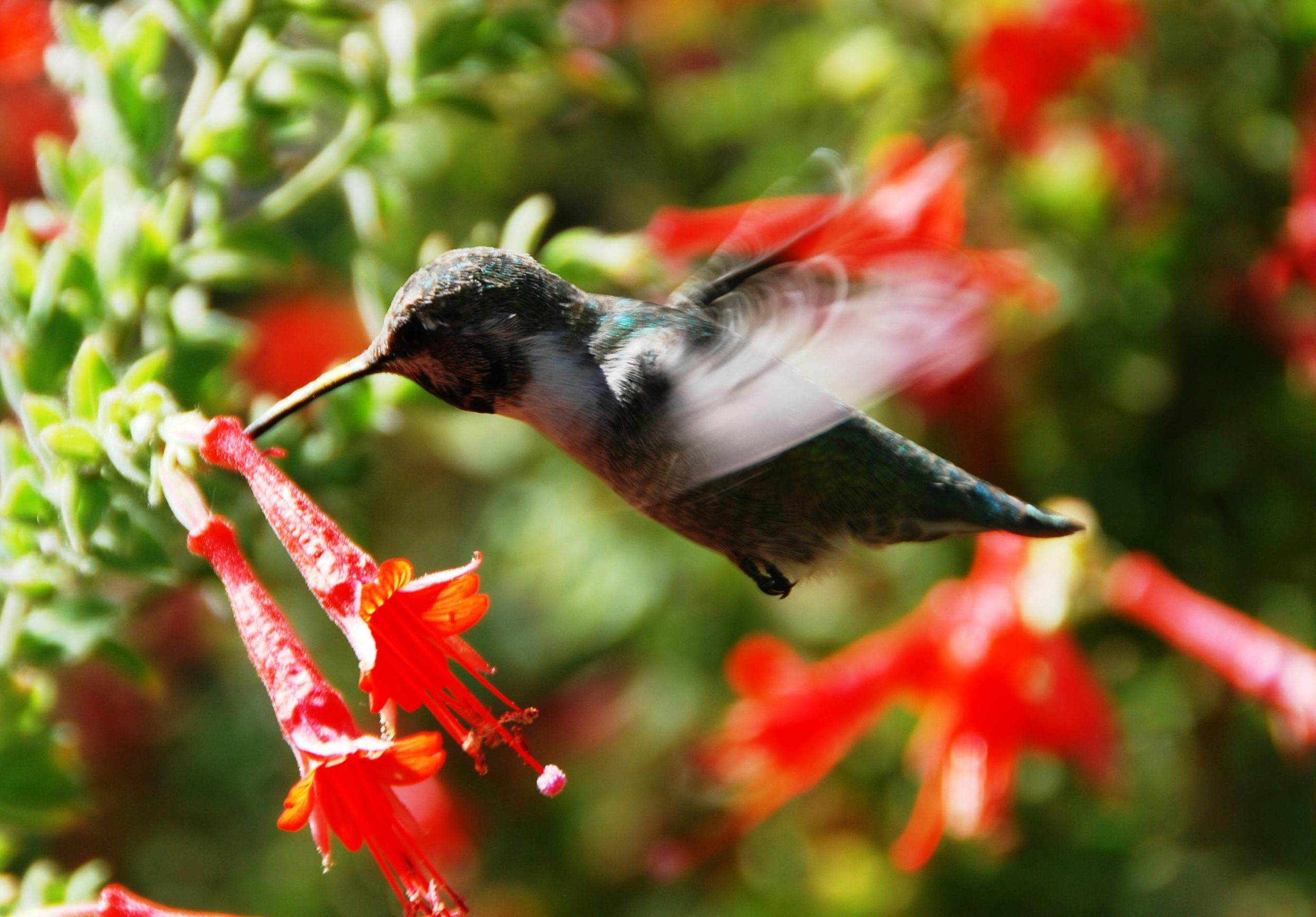
4. Environmental Conditions
The environmental conditions hummingbirds face can greatly impact their ability to find food. Here’s how different factors influence their ability to go without food:
- Seasonal Changes: During seasons when flowers are abundant, hummingbirds have a better chance of finding nectar-rich food sources. However, during colder seasons or in regions with limited floral resources, food scarcity becomes a greater challenge.
- Drought and Habitat Loss: Drought and habitat loss can lead to a decline in the availability of nectar-producing flowers, making it difficult for hummingbirds to find food.
- Migratory Challenges: During migration, hummingbirds undertake long journeys and rely on finding suitable food sources along their route. If they encounter areas with limited food availability, their ability to go without food decreases.
- Competition: Hummingbirds face competition from other individuals of their species as well as other nectar-feeding birds. Increased competition for limited food resources can shorten the time hummingbirds can go without food.
5. Health and Overall Condition
The health and overall condition of hummingbirds play a vital role in their ability to go without food. Hereare some points to consider:
- Body Condition: Hummingbirds that are in good physical condition, with sufficient muscle mass and fat reserves, have a better chance of surviving food scarcity.
- Health and Immune System: Healthy hummingbirds with robust immune systems are more likely to withstand periods without food.
- Age and Experience: Young or inexperienced hummingbirds may struggle more during food scarcity compared to older, more experienced individuals.
- Stress and Predation: Stressful situations, such as predator encounters or disturbances in their environment, can affect the appetite and feeding behavior of hummingbirds, making them more vulnerable to food scarcity.
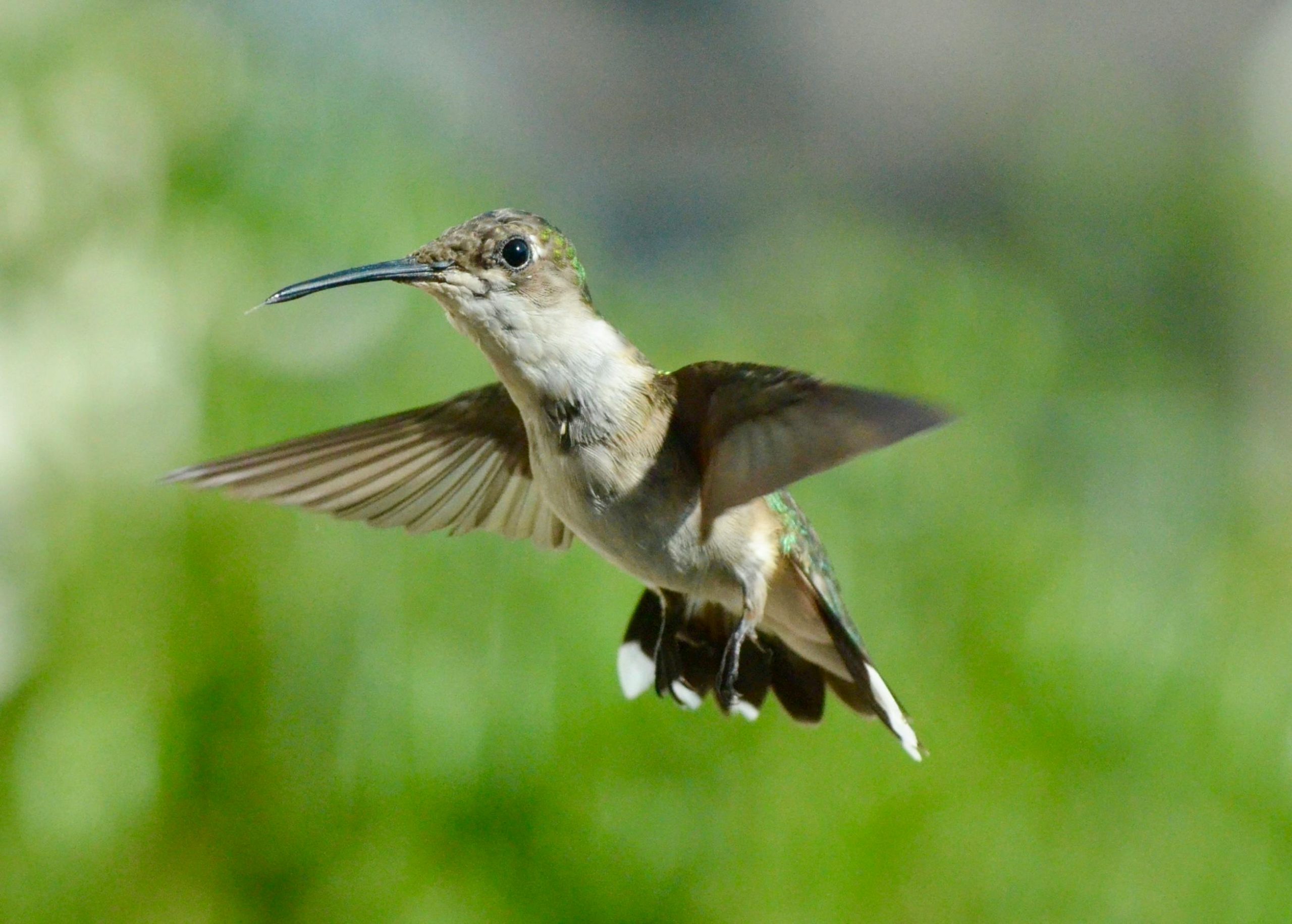
Conclusion
While hummingbirds have incredibly high energy demands and need a constant supply of food to survive, their ability to go without food depends on various factors, including their metabolic rate, feeding frequency, fat reserves, environmental conditions, and overall health. It’s important to note that hummingbirds are highly adapted to seek out food sources, and their survival mechanisms, such as fat reserves and torpor, help them endure periods of food scarcity. However, it is crucial to ensure that hummingbirds have access to suitable food sources to maintain their populations and support their unique ecological role as pollinators.

